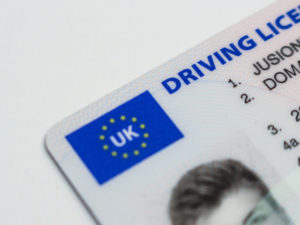Allowing fleets greater access to driver CPC training course attendance data would enable operators to become more compliant, administratively more efficient and to boost road safety.

So says the Association for Driving Licence Verification & Vehicles (ADLV) as it publishes figures showing a “clear and pressing” fleet demand for such data.
A recent survey carried out by the organisation among leading transport and fleet logistics managers along with compliance officers and HR directors found nine out of 10 respondents wanted course information to be available (with driver consent) either directly or through their data supplier. This, say the ADLV, could be easily achieved by adding it to existing DVLA licence data which is readily accessible.
The survey results also revealed that training data is a crucial element of fleet driver management and compliance, with over 75% of those surveyed indicating that that they actively take CPC training courses into consideration when hiring drivers. Nearly all those surveyed carry out DQC (Driver Qualification Card) checks and whilst 17% wait for them to be presented by the driver in person, the majority (over 52%) use the DVSA temporary password look-up system, with most respondents keen to end this current ‘wait for a password’ system which causes frustration and prevents rapid onboarding.
Survey respondents also felt that being able to identify a driver’s training topics, through the data, would prevent course duplication, saving money, but would also help ensure that drivers don’t slip through the net. It would also remove the constant need to chase CPC certificates and facilitate greater confidence that drivers are maintaining their CPC correctly, supporting a move to safer drivers and therefore road safety.
ADLV Board Member Glyn Jones said: “The current system is not meeting the demands of the fleet sector. However, by enabling easy open access to CPC training course data, through the DVLA, fleets could gain a single source of truth about a drivers’ training – helping them to ensure compliance, efficiency and ultimately road safety. The results of this survey are emphatic and represent a clear and pressing business case for the DVSA to change the system.”

